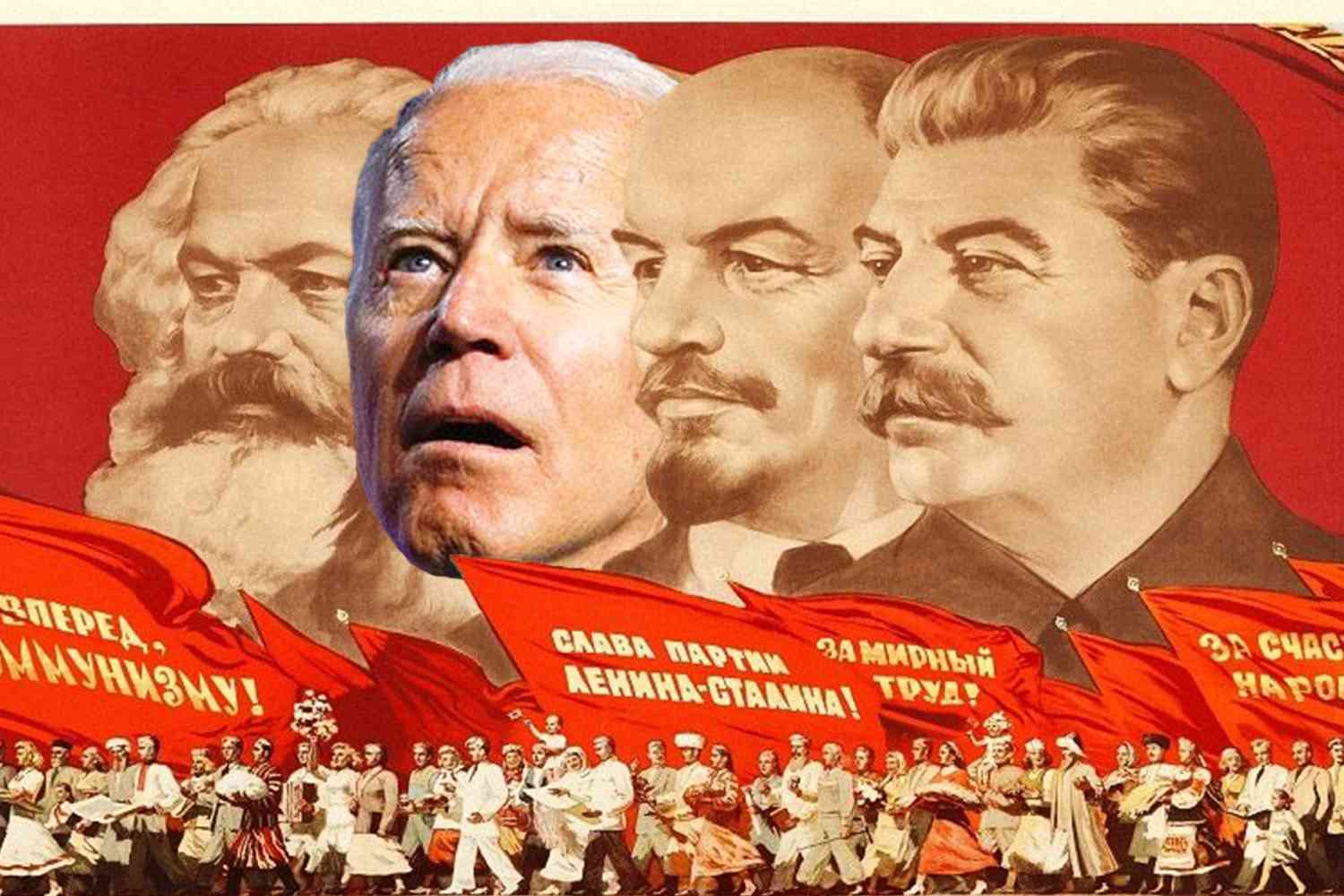this post was submitted on 29 Aug 2023
-7 points (18.2% liked)
Comradeship // Freechat
2115 readers
1 users here now
Talk about whatever, respecting the rules established by Lemmygrad. Failing to comply with the rules will grant you a few warnings, insisting on breaking them will grant you a beautiful shiny banwall.
A community for comrades to chat and talk about whatever doesn't fit other communities
founded 3 years ago
MODERATORS
you are viewing a single comment's thread
view the rest of the comments
view the rest of the comments

I have a limited understanding of theory, so take that into consideration. I have recently been researching geopolitics and world systems theory and trying to apply it to political economies. From my understanding, communism is achievable in simple societies, but difficult in complex societies. Complex societies tend to foster social hierarchies and authoritarianism due to their complexity. If anyone can give me their opinions I would appreciate it. Whether it’s an area for further study or someone else’s research.
Have you had a chance to read State and Revolution yet? Lenin was really helpful to me.
This is my (very) quick and possibly poor understanding. Please read State Rev to see if I misrepresent it!
"the state" is a machine for class oppression. At the current time, the bourgeoisie use that machine to oppress the proletariat, at one point kings used "the state" to oppress the nascent bourgeois class and peasants.
the machine of the state is the tools for oppression. The "special bodies of armed men" are necessary for the oppression.
the proletariat can take the tools away from the bourgeois, and create their own tools.
the proletariat can use their tools to "oppress". the bourgeoisie into being equal with them (and protect the revolution in the process).
once class distinctions have been oppressed into non-existence, the contradiction of class will be gone, and the people's police won't have anything to do.
after long enough without anything to do (100 years? Who knows?) the people's "state" (i.e. "special bodies of armed men") will "wither away". The people's police will go make steel or something useful.
The important things here are that we can't predict the future, and that it'd probably take the whole world being socialist before a transition into communism.
And that the state being gone doesn't necessarily preclude centralized administration - it's not oppression to coordinate trains and garbage pickup or whatever.
Tldr - read Lenin not me.
https://www.marxists.org/archive/lenin/works/1917/staterev/
Damnit. I knew State and Revolution might have the answer, but haven’t read it. Does it stand alone, or should I read anything else before it?
Edit: Do you use an e-reader? Kindle? Recommendations?
I don't think you really need anything beforehand. You might read Engel's Principles of Communism if you'd like a little foundation or background.
I'd keep in mind that Lenin quotes quite a bit of Marx/Engels at length ( I was a little confused as to the structure and what was quoted and what was Lenin at first).
I think Lenin spends some time sniping at Kautsky and other contemporaries of the time. I don't think you're missing much by reading and not really understanding the background there. Maybe a reread really digging into the context is useful later on, though.
Hopefully a comrade can correct me if I'm offbase. It's time for me to reread it, honestly!
I just started it and he mentioned Engels. I have read Principles of Communism, but it’s been awhile.